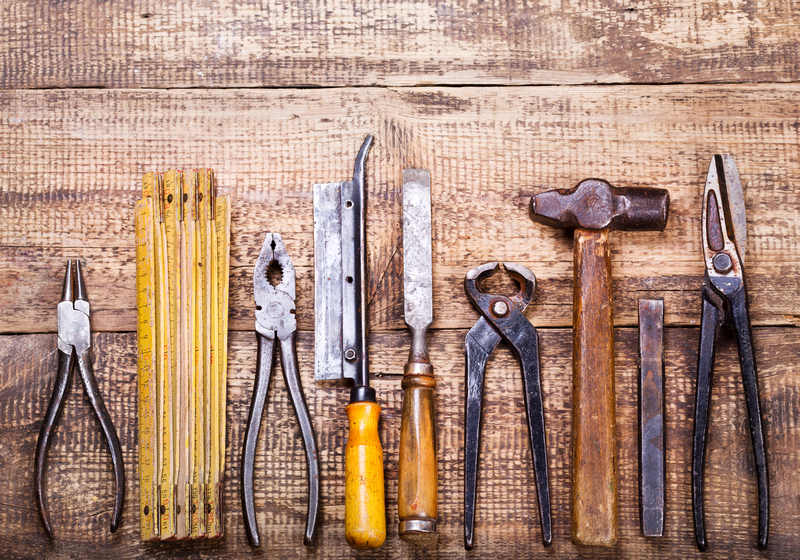House Rubbish Collection
Posted on 10/08/2024
House rubbish collection is an essential service that ensures the cleanliness and sanitation of our living environments. It involves the systematic collection, segregation, and disposal of household waste. With increasing awareness about environmental preservation and sustainability, efficient rubbish collection has become more significant than ever. This comprehensive article delves into the various aspects of house rubbish collection, offering valuable insights, tips, and a balanced view of the pros and cons.
Understanding House Rubbish Collection
House rubbish collection is more than just putting trash bags on the curb; it involves understanding various types of waste, scheduling services, and following regulations. The key to efficient rubbish collection is to start with segregation at the source. This means separating recyclables from non-recyclables, kitchen waste from hazardous materials, and so on. Proper segregation helps in recycling and ensures that hazardous materials are disposed of safely.

Types of Household Waste
Different types of household waste require different disposal methods. Here are the primary categories:
- Organic Waste: Includes kitchen scraps like vegetable peels, fruit scraps, and leftover food.
- Recyclable Waste: Items such as paper, cardboard, glass, and certain plastics.
- Hazardous Waste: This can include batteries, chemicals, pesticides, and e-waste.
- General Waste: Non-recyclable materials like certain plastics, diapers, and pet waste.
Scheduling Rubbish Collection Services
Scheduling rubbish collection services is crucial for maintaining a clean and odor-free home. Most municipalities provide weekly or bi-weekly collection services for household waste. You can also hire private rubbish removal companies for a more flexible and customizable service.
Tips for Efficient House Rubbish Collection
- Segregate waste at source: Keep separate bins for different types of waste to make recycling easier.
- Be aware of the local collection schedule: Missing a collection day can result in accumulated waste.
- Use biodegradable bags: They are great for organic waste and decompose quickly.
- Avoid overfilling bins: Overfilled bins can attract pests and make collection difficult.
- Dispose of hazardous waste properly: Never mix hazardous waste with regular trash.
- Utilize compost bins: For organic waste, compost bins can be an excellent way of recycling kitchen scraps into useful compost.
The Pros and Cons of House Rubbish Collection
Pros:
- Maintains a clean and sanitary living environment
- Prevents the spread of pests and diseases
- Supports recycling and waste reduction efforts
- Proper disposal of hazardous materials
Cons:
- Can be inconvenient if schedules are not followed
- Costs can add up with frequent use of private services
- Involves effort and discipline in segregating waste
- Community compliance is necessary for overall effectiveness

Takeaways
Effective house rubbish collection is crucial for maintaining a healthy and pleasant living environment. Following best practices, such as waste segregation, knowing collection schedules, and proper disposal of hazardous waste, can make a significant difference. While there are some challenges, the benefits far outweigh the cons.
Conclusion
House rubbish collection plays an indispensable role in maintaining cleanliness and ensuring environmental sustainability. By understanding various types of waste, following proper disposal methods, and using efficient collection services, households can contribute to a healthier and more sustainable environment. With a few mindful practices and a bit of effort, managing household waste becomes simpler and more efficient.
Latest Posts
From Eyesore to Masterpiece: When Garbage Becomes Art
Industry welcomes government's move towards increased e-waste recycling

 020 8610 9486
020 8610 9486










